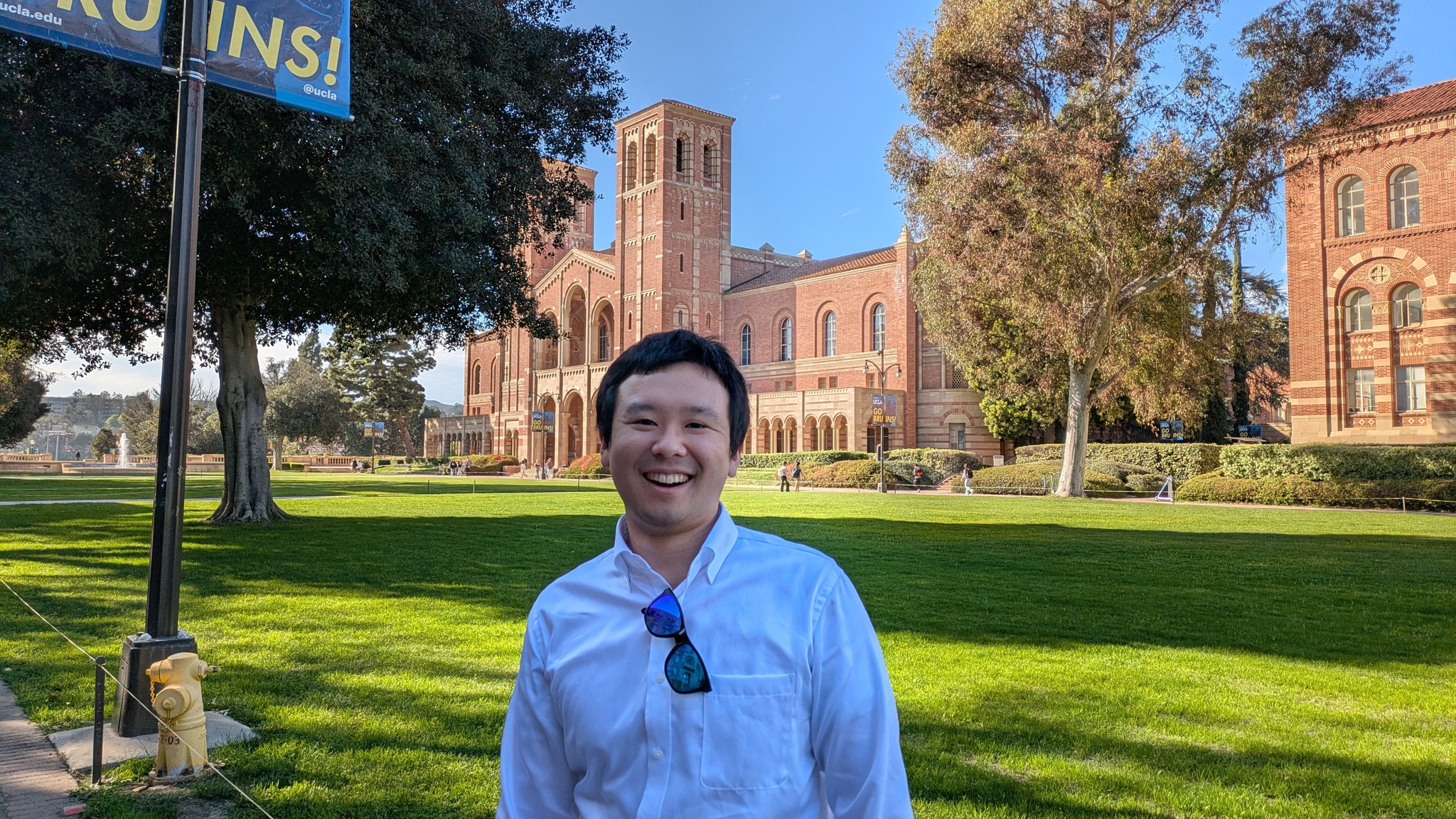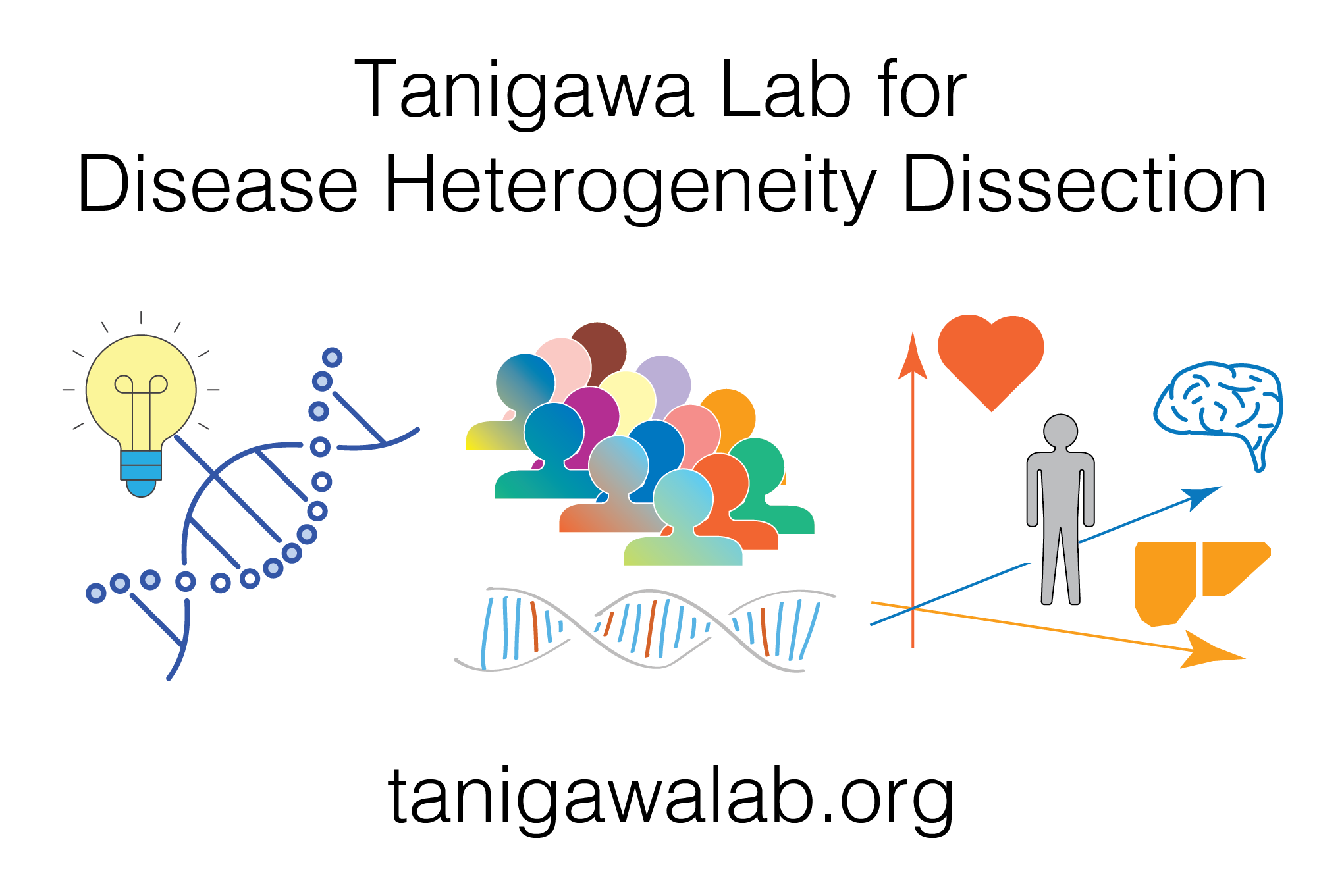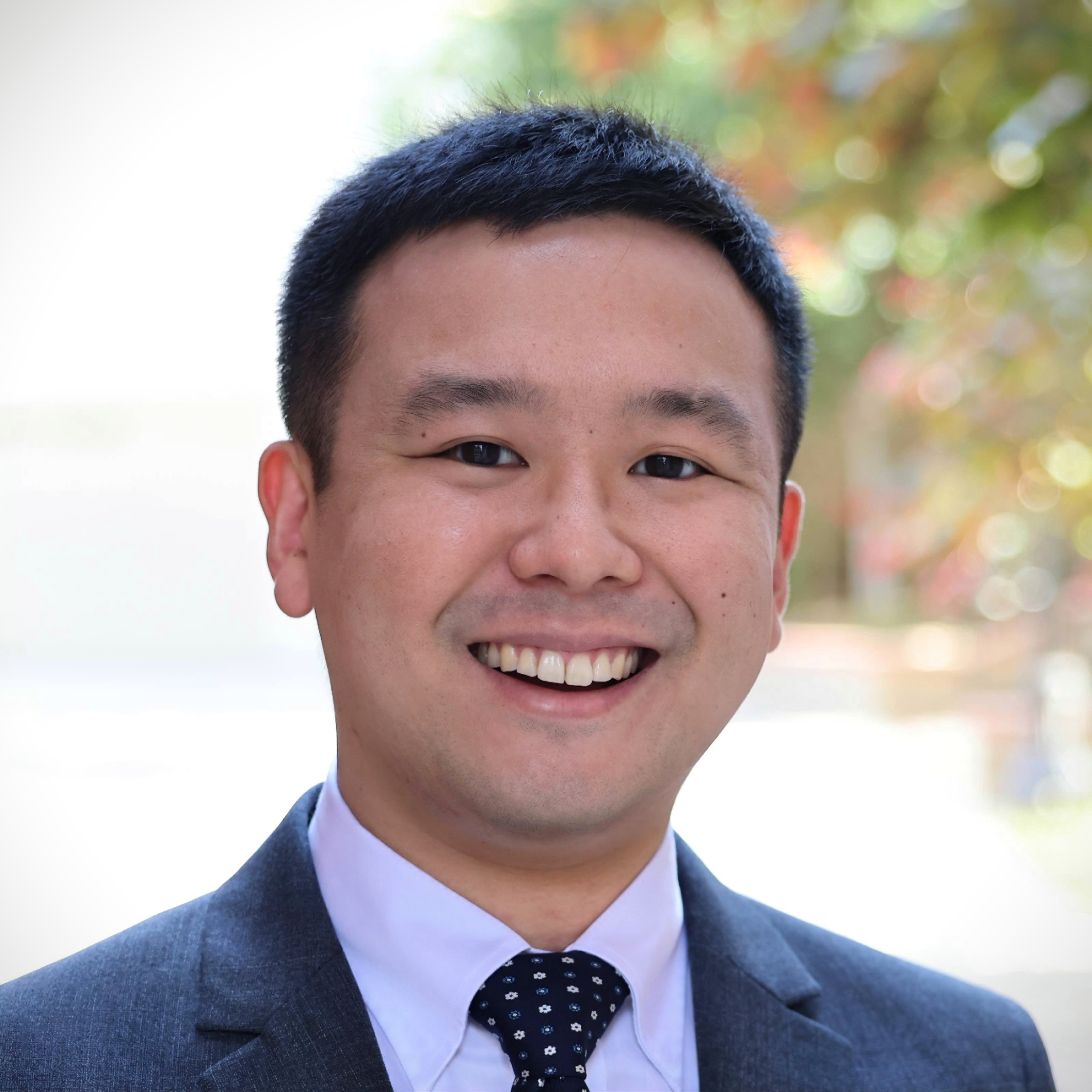UCLA Tanigawa Lab (est. 2025) is recruiting!
Published:
Are you passionate about using your skills in biomedical data science, statistical modeling, or human genetics to make a real-world impact on human health? The Tanigawa Lab at UCLA is looking for a highly motivated trainees to join our group.
We are a new group established in July 2025 in the Department of Bioengineering at the University of California, Los Angeles. As of October 2025, we have 1 PhD student, 1 master student, and 1 undergraduate student in our group.

What do we work on?
Our group investigates disease heterogeneity: why individuals differ in disease onset, progression, and treatment response. We apply computational and statistical approaches to uncover the mechanistic basis of inter-individual variation in the disease, with the long-term goal of providing more tailored prevention and treatment strategies for everyone. We are interested in the following topics:
- Computational genomics for disease heterogeneity dissection
- Statistical modeling (e.g., predictive modeling on large-scale data and causal inference)
- Artificial Intelligence (AI) and Machine Learning (ML) investigating disease mechanisms from genetics, single-cell, and multi-omics
- Cross-ancestry polygenic prediction and integration of biological annotations
- Therapeutic target discovery and validation from human genomic evidence
We are recruiting multiple positions
We are looking for motivated students and postdocs who are excited to work at the intersection of computational genomics, statistical modeling, and precision medicine. Please see the description below according to your career stage and affiliations.
- Postdoctoral Researchers
- Prospective PhD students
- PhD students at UCLA
- Master's and undergraduate students at UCLA
- Research interns and visiting students
Postdoctoral Researchers
The Tanigawa Lab has Postdoc openings. You may submit your application on the job application portal here: https://recruit.apo.ucla.edu/JPF10675.
Postdoctoral Scholars will work closely with me on mutually agreed interdisciplinary projects to develop foundational methodologies for dissecting disease heterogeneity and apply them to study specific aspects of disease biology.
A mutual fit between the advisor and trainee is critically important to ensure the success of your time in the lab. In the Cover Letter (up to two pages), please describe your specific interests in joining our group, along with your assessment of the nature of the fit between your background, future goals, and our research environment.
We expect you to have a Ph.D. or equivalent qualification in biomedical data science or a closely related discipline at the date of hire. The start date is flexible. Here are some descriptions for the requested documents.
- Curriculum Vitae: Your most recently updated CV with a complete list of publications, preprints, and submitted manuscripts.
- Cover Letter (up to two pages): Please describe your specific interests in joining our group, along with your assessment of the nature of the fit between your background, future goals, and our research environment. Please indicate the expected start date and provide your contact information (email and phone).
- Statement of Research (up to two pages): Please describe your past and current research accomplishments, their relevance for your future research projects in the lab, and your long-term (> 5 years) research goal(s).
- Statement of Teaching (Optional, up to two pages): If you have experience or interests in mentoring students for research projects, please describe them in this optional statement.
- Reference Check Authorization Release Form: Please complete and upload the Reference Check Authorization Release Form provided on the application portal.
- Misc / Additional (Optional): If your representative manuscript has not been accepted for publication or is not available on a preprint server, please consider sending those materials to me via email.
We will review applications on a rolling basis and encourage early submissions. We will contact the shortlisted finalists. In the meantime, I encourage you to apply for postdoctoral fellowships, and I am happy to provide you with the best possible support. The position will remain open until filled.
Notes on the use of Generative AI: You are more than welcome to use Generative AI for ideation, gathering information, and grammatical refinement. However, you must review, edit, and take full responsibility for the content in all submitted application materials. By submitting your application, you certify that the materials are an accurate and genuine representation of your own work.
You may submit your application on the job application portal. If you have questions, please reach out to me.
Prospective PhD students
The Tanigawa Lab has funded PhD opportunities and can accept students through the Bioengineering Department. Please check the eligibility and requirements for the Graduate Program in Bioengineering and apply accordingly. Our research area (fields of study) is Biomedical Data Sciences (BDS). The application deadline is December 1, 2025. I strongly encourage you to reach out to me before the application deadline to discuss your motivation, interests, and qualifications.
In your application, please indicate me as a potential Faculty Advisor for your graduate training. The Field 4: Biomedical Data Sciences (BDS) is the most relevant field for our research. In your Statement of Purpose, please describe your specific research interests.
I have learned that there is a bug in the application portal: new faculty members (including myself) are currently not listed under the "Faculty Selection" section on the application portal. The IT team managing the application portal is aware of the issue and is working to resolve it. If you face technical challenges selecting my name in your application, please list Prof. Aaron Meyer, the Field Chair for BDS, instead in the application portal. Regardless, please mention my name in your Statement of Purpose.
If you are not familiar with the styles of application materials, you may find it helpful to review the CommKit articles developed by MIT School of Engineering's Communications Lab. They organize guides and examples by academic discipline. My research spans the following disciplines: Biomedicine & Genomics, Biological Engineering, and Electrical Engineering & Computer Science.
For your graduate training, I will provide the necessary mentorship, support, and resources to ensure your professional success. You may use weekly meetings with the PI to address any questions you may have and peer support via lab meetings, Slack, and social gatherings. As you move forward, the PI will provide presentation and professional networking opportunities (e.g., conferences). At the same time, I expect students to take the initiative and ownership of their graduate education. I recommend "How to Get a PhD" by Phillips and Johnson as a general resource that guides you through the process.
Notes on the use of Generative AI: You are more than welcome to use Generative AI for ideation, gathering information, and grammatical refinement. However, you must review, edit, and take full responsibility for the content in all submitted application materials. By submitting your application, you certify that the materials are an accurate and genuine representation of your own work.
PhD students at UCLA
If you are already admitted to a graduate program at UCLA and are interested in working with me on research projects (including laboratory rotation), I'd be glad to meet for coffee on campus to discuss your interests. Please reach out to me.
Master's and undergraduate students at UCLA
If you are interested in doing research within our lab, please reach out to me, explaining your motivation, interests, and qualifications. As with any subject matter, methodologies for scientific research and scientific communications are learnable skills. I prefer to work with individuals with intrinsic motivations. Depending on the advising capacity of the lab, we may prioritize students whose background aligns clearly with our research interests. Sometimes, we may advise you to study specific technical aspects in classes before working on research projects. Please reach out to me.
Research interns and visiting students
In some exceptional cases, the lab will accept research interns and visiting student positions. The preference is given to students/visitors who would like to use the research experience in the lab towards scientific publications. Please reach out to me.
Why join us?
The Lab provides a computational environment and robust network for collaborations with world-renowned experts in the field. The PI has extensive experience in analyzing biobank-scale data, integrating omics profiles, and leveraging these findings for nominating attractive therapeutic targets. The PI has mentored ~20 students from high school students to graduate students. The former informal mentees have presented at major conferences, acquired recognitions via awards, and secured competitive positions. You may see some examples of trainee presentations at the American Society of Human Genetics annual meeting 2025. We strive to create a highly collaborative, inclusive, and supportive environment that fosters the growth and success of our team members. As one of the first hires in the new lab, you will have dedicated mentorship from the PI to support your professional development.
Where can you learn more about our work?
A mutual fit between the advisor and trainee is critically important to ensure the success of your time in the lab. To that end, I strongly encourage you to consider your long-term career goals, learn about our work, and assess its alignment with your objectives. When we meet, I am happy to learn about your specific interests and discuss how my lab and I can support your professional success.

You may find out about our research interests in our recent publications and coverage in the news. Below are some of our recent news coverage.
- Making genetic prediction models more inclusive
- Author interview by American Journal of Human Genetics
- Gene variants that protect against glaucoma identified, opening therapeutic possibilities | FinnGen
- Method goes “below the limit” to enhance genetic discovery | MIT CSAIL
- Unlocking new predictive powers in personalized genetic risk forecasts | MIT CSAIL
- Yosuke Tanigawa | Innovators Under 35
The video below is from the CSAIL Computational Biology Lab Tour in 2024, a research overview tailored for the industry audience.
Let's get in touch!
You may find me at the UCLA campus, at conferences, or by email. Please send your email to joinus [at] tanigawalab [dot] org and describe your specific interests in joining the lab, and include the most up-to-date version of your resume or CV.
Back to Top